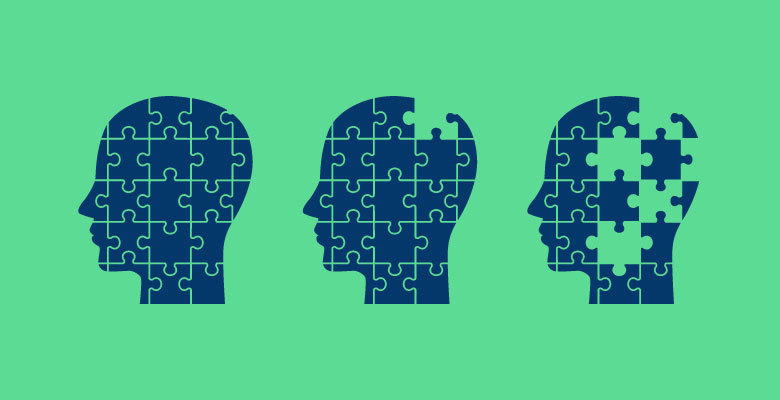

“ There was humor and above all, there was hope- not for a cure, but of finding meaning and closeness and human strength in the face of adversity.” – Prof Bob Woods, Director of Dementia Services Development Centre Wales
Being directly involved in the world of dementia subjected me to deal with real issues of dementia in a very intimate manner. Since I am in the healthcare industry, I automatically looked at dementia through the biomedical lens, which focuses on loss. Unfortunately, this approach has not helped me to support my friends living with dementia to have a good quality of life. Neither has it been helpful to support their care partner ( in the biomedical world, we use the term “caregivers”) in their Quality of life.
Isn’t that what all of us desire? To live our best lives no matter what, albeit our aging bodies, impaired vision, and hearing difficulties, we wish to have a good quality of life. I begin to question this approach as it has failed to provide a pathway to provide the basic means to support those living with dementia. Media and even sometimes dementia campaigns (though well-meaning) unfortunately reinforce the tragedy narratives of dementia.
Perhaps it is time for a reflection. We can’t expect different results using the same old approach. Perhaps it is time for a new approach. A time to reimagine dementia. How can we work together to reduce the paralyzing stigma and fears that wraps around dementia?
When I discovered this unusual team of artists introducing their “totsu-totsu dance” as a means of connecting with people living with dementia I was immediately mesmerized. I was curious. I was thirsty to know more. I turned into a merciless stalker. I contacted them through all means and it bore fruit. I entered into their world of creative arts (which is foreign to me, and it still is) and I was dumbfounded. None of them have any medical or healthcare background!
Totsu-totsu dance uses an approach to dance that encourages dancers to express themselves through their unique movements. For example, during one session the inspiration for a movement is in the context of a narrative about their favorite shared experiences between the persons living with dementia and their partners and it is up to them to express the movements concerning that.
Participants were dancing the times when their mums were cooking their favorite meals in the kitchen or when they were sharing their favorite snacks. It so beautifully supports nonverbal communication, providing a way to connect without words. My two weeks’ stay in Japan opened my eyes to the possibility of transforming from our dementia-phobic culture to a culture of compassion and acceptance. The various team from very diverse backgrounds and walks of life that I met in Japan were living that culture of compassionate acceptance.
When I shared my stories about the reality of how dementia is so loaded with negative narratives and stigma in Malaysia and how it is affecting the lives of those living with dementia and their family members, they were quick to assure me that they too went through that valley of darkness. The transformation in Japan did not happen overnight. That gave me hope.
I hold out hope that sharing the stories of how they succeeded in moving through fear and learning to find meaning in the experience of dementia, might help inspire us Malaysians to do the same—to see dementia as more than a death sentence.
We cannot deny that we are living in a time of dementia. Since we are living longer than ever before, dementia will touch the lives of more of us than ever before. I hope that we can burrow into that fear, to directly confront it and perhaps it will lead to better understanding so that it won’t interfere with living a full life with dementia and loving people with dementia.
If we as a community begin to understand what kind of services and support might help them, we all will be better able to work through their fears and alleviate the tragic social conditions of the disease—isolation, stress, and depression.
We can be the change we want to see.
Dr Cecilia Chan
Gerontologist, Dementia Advocate & Activist
013-4384388


